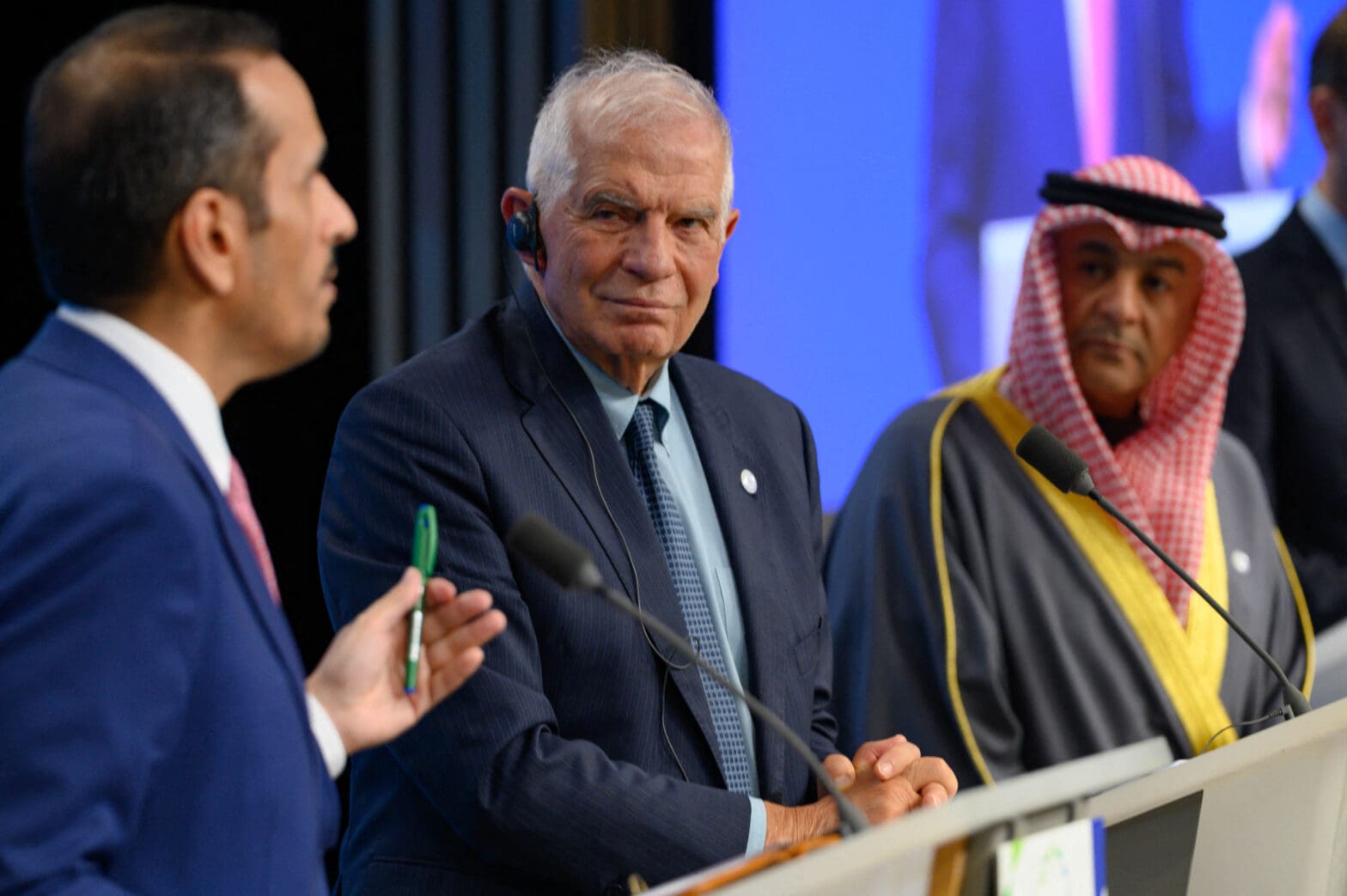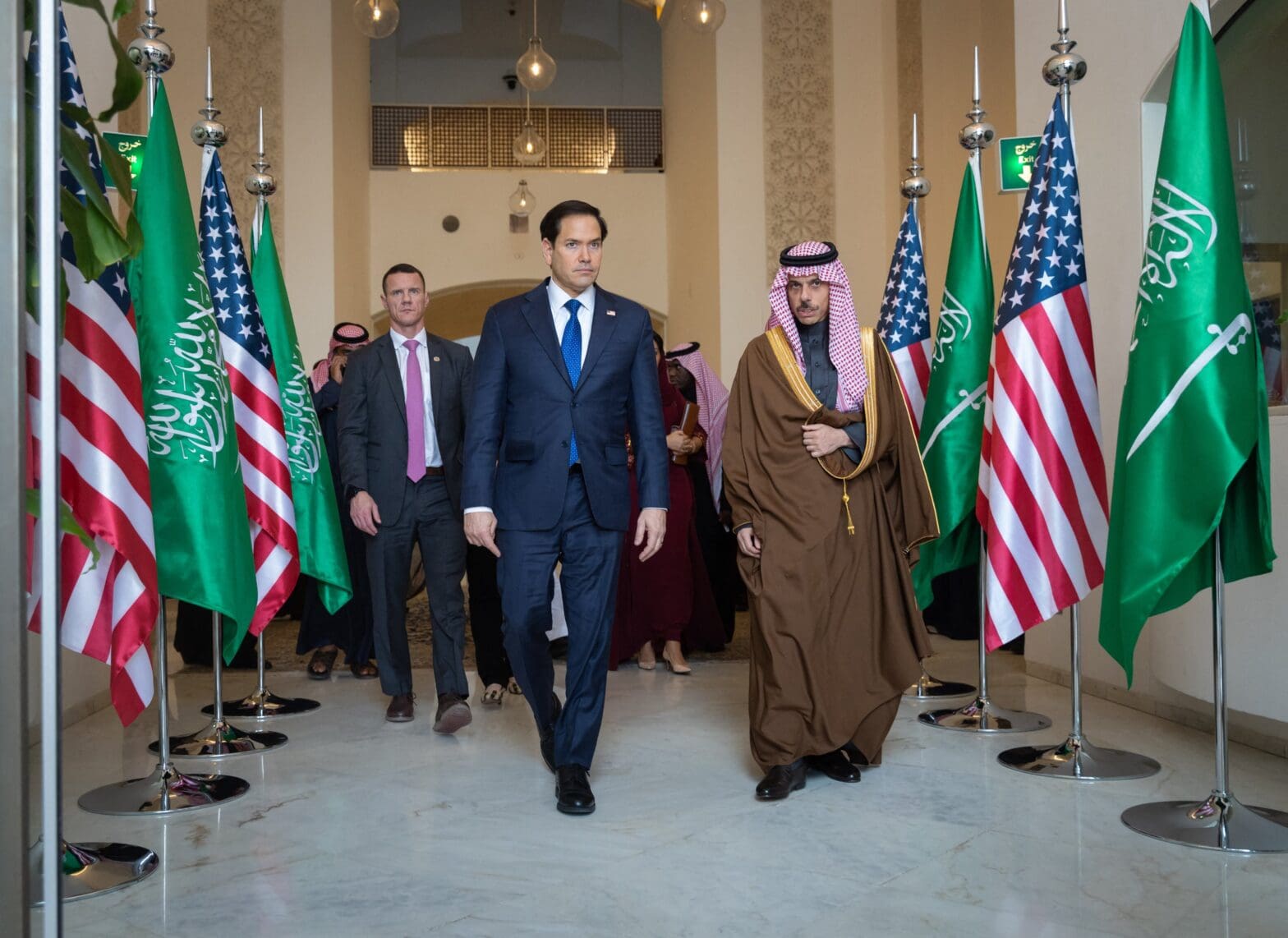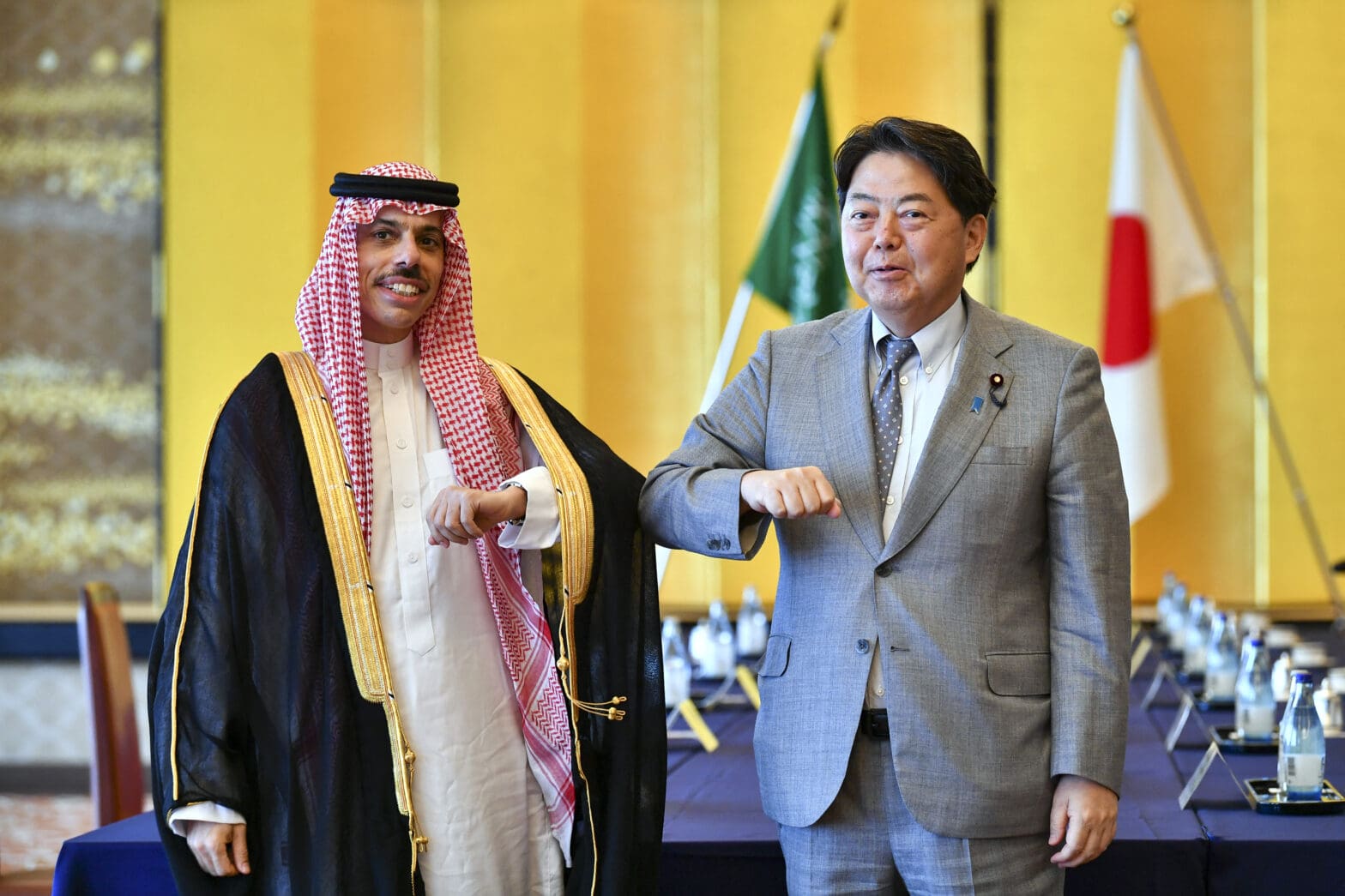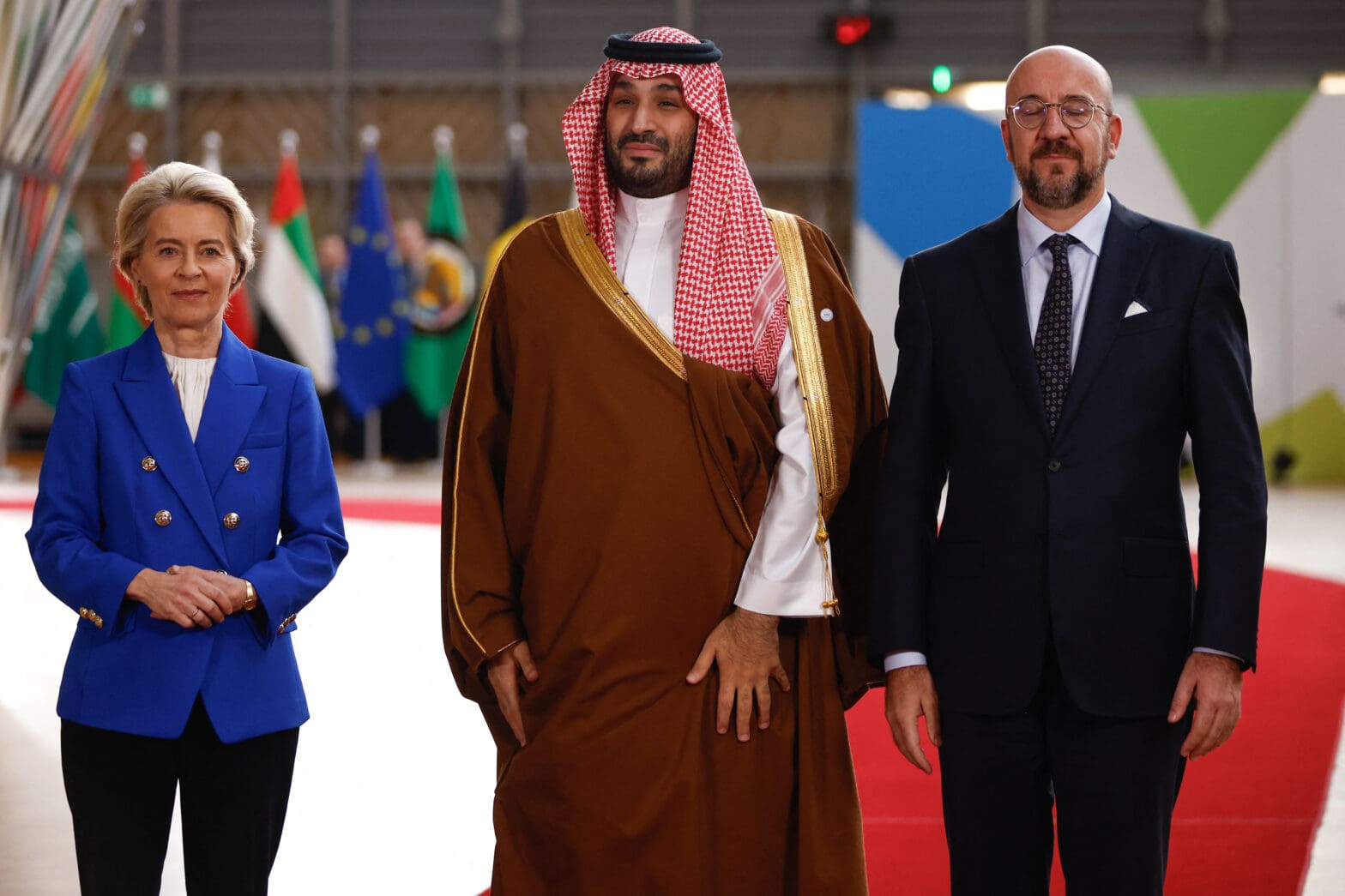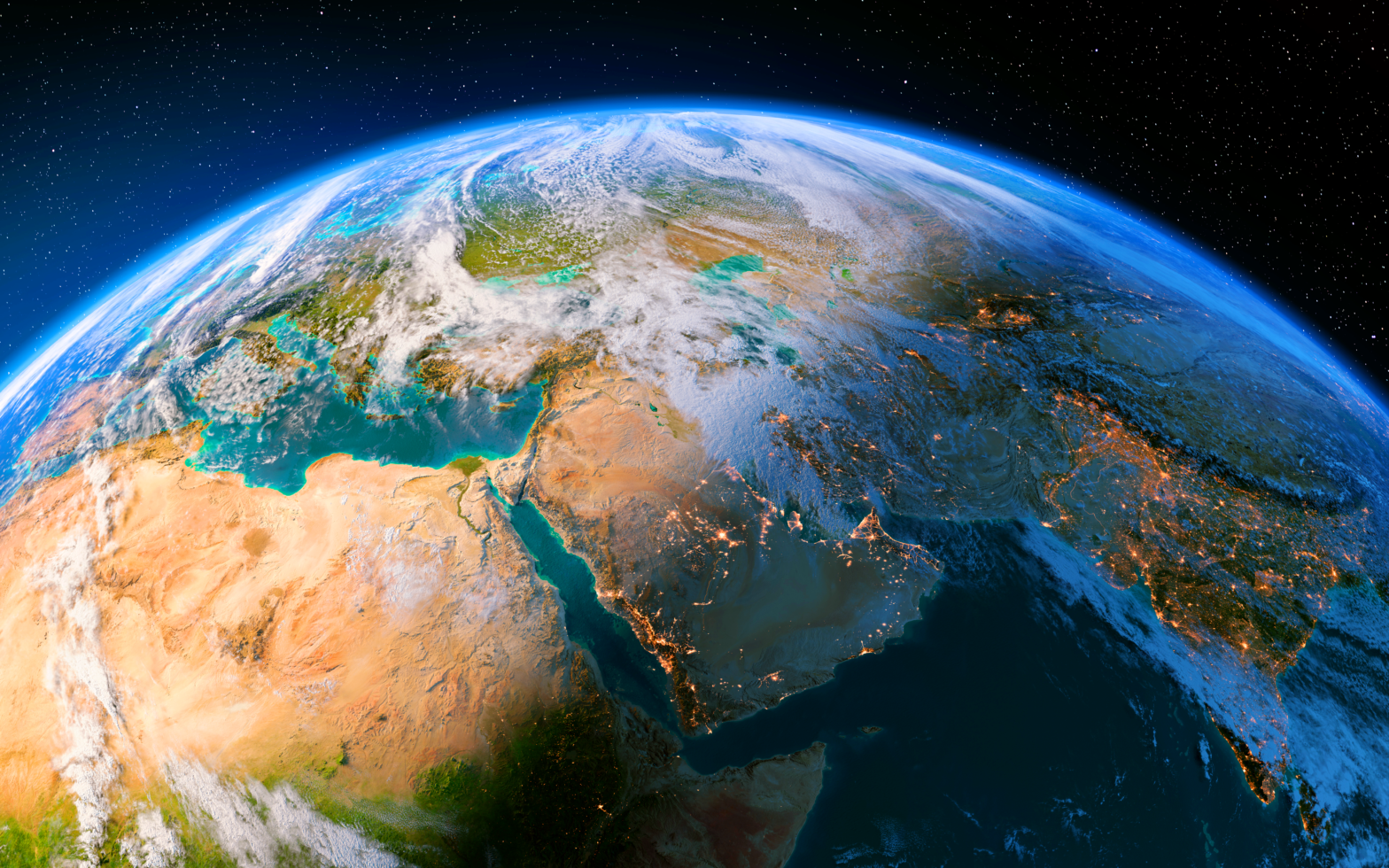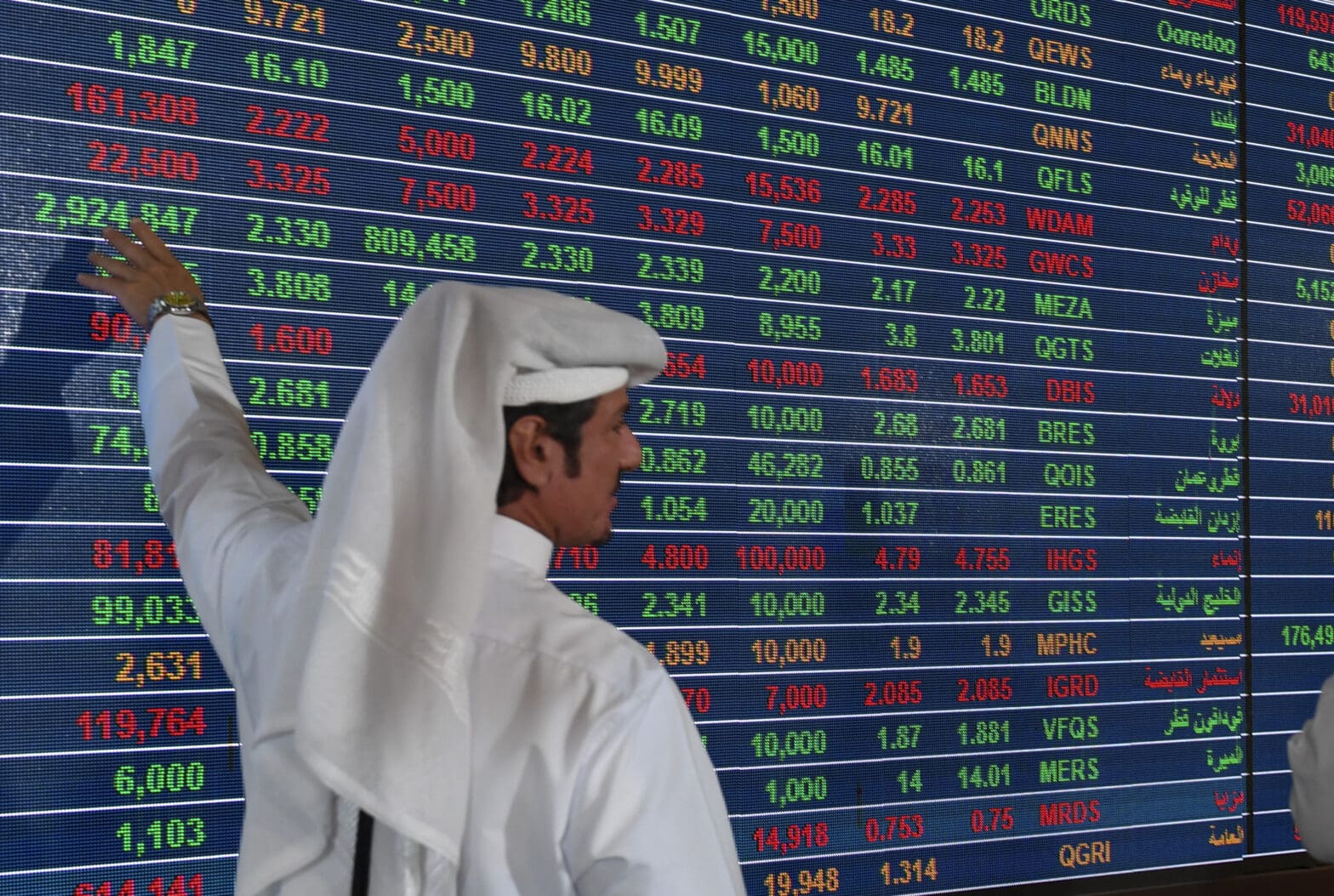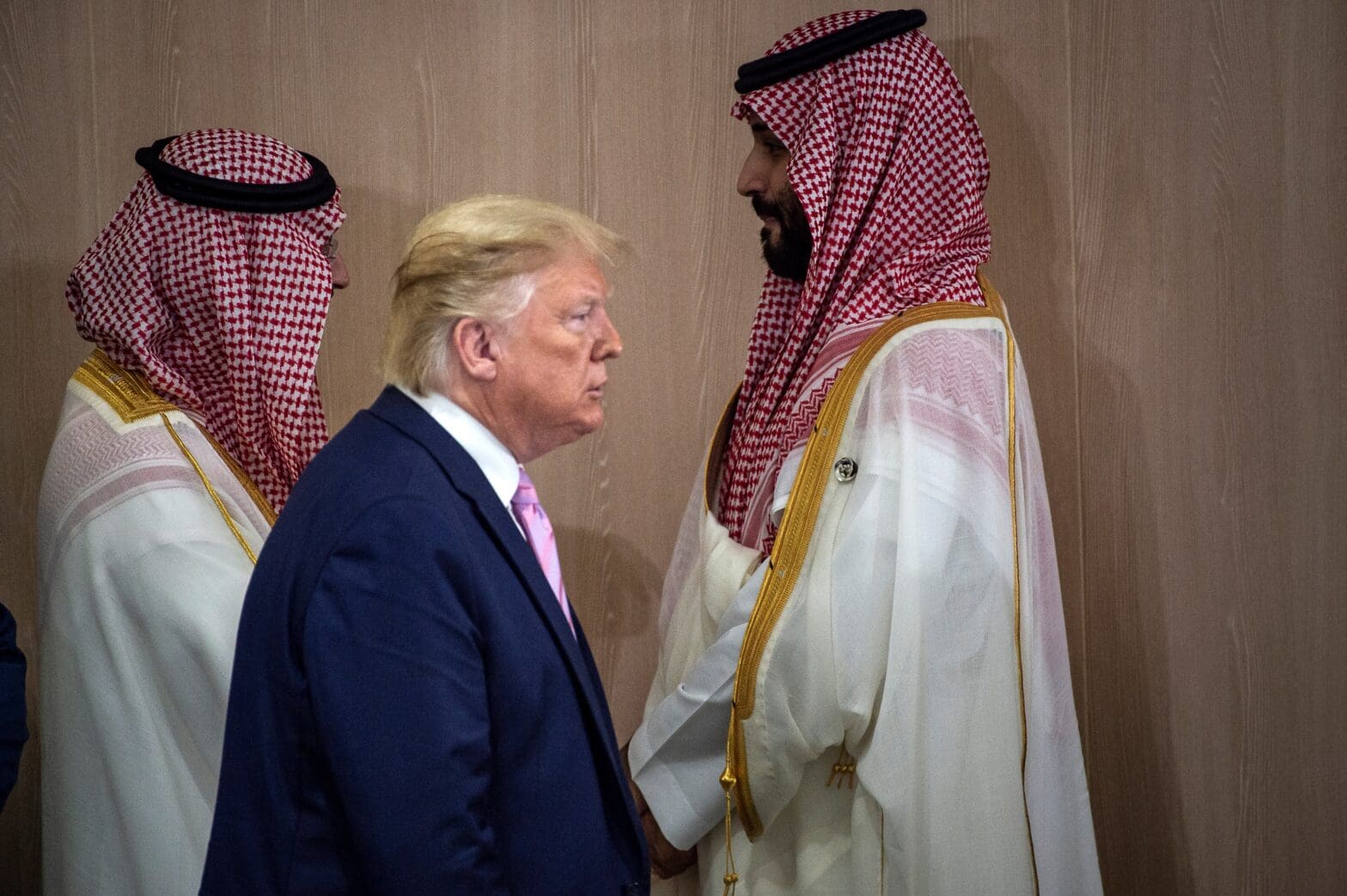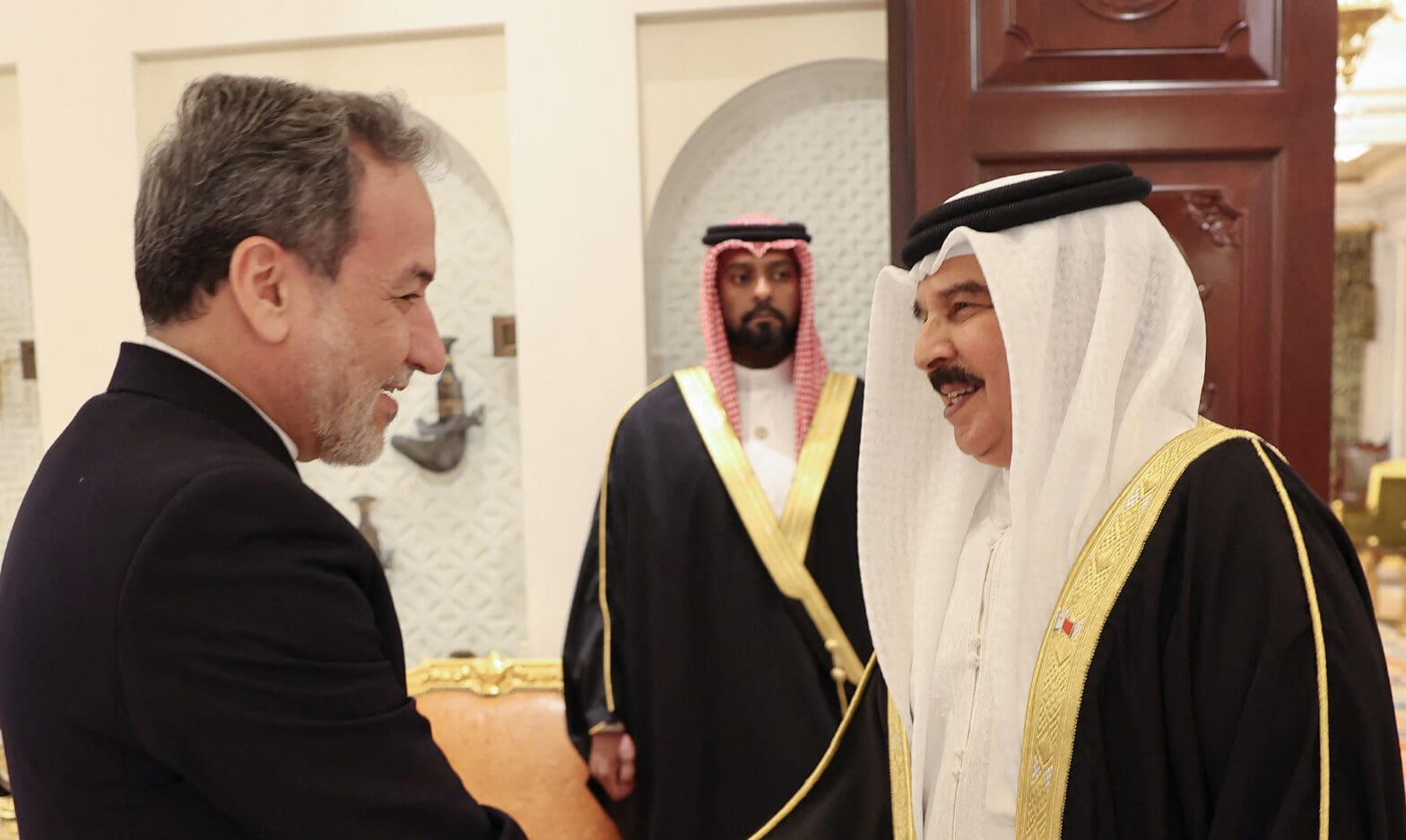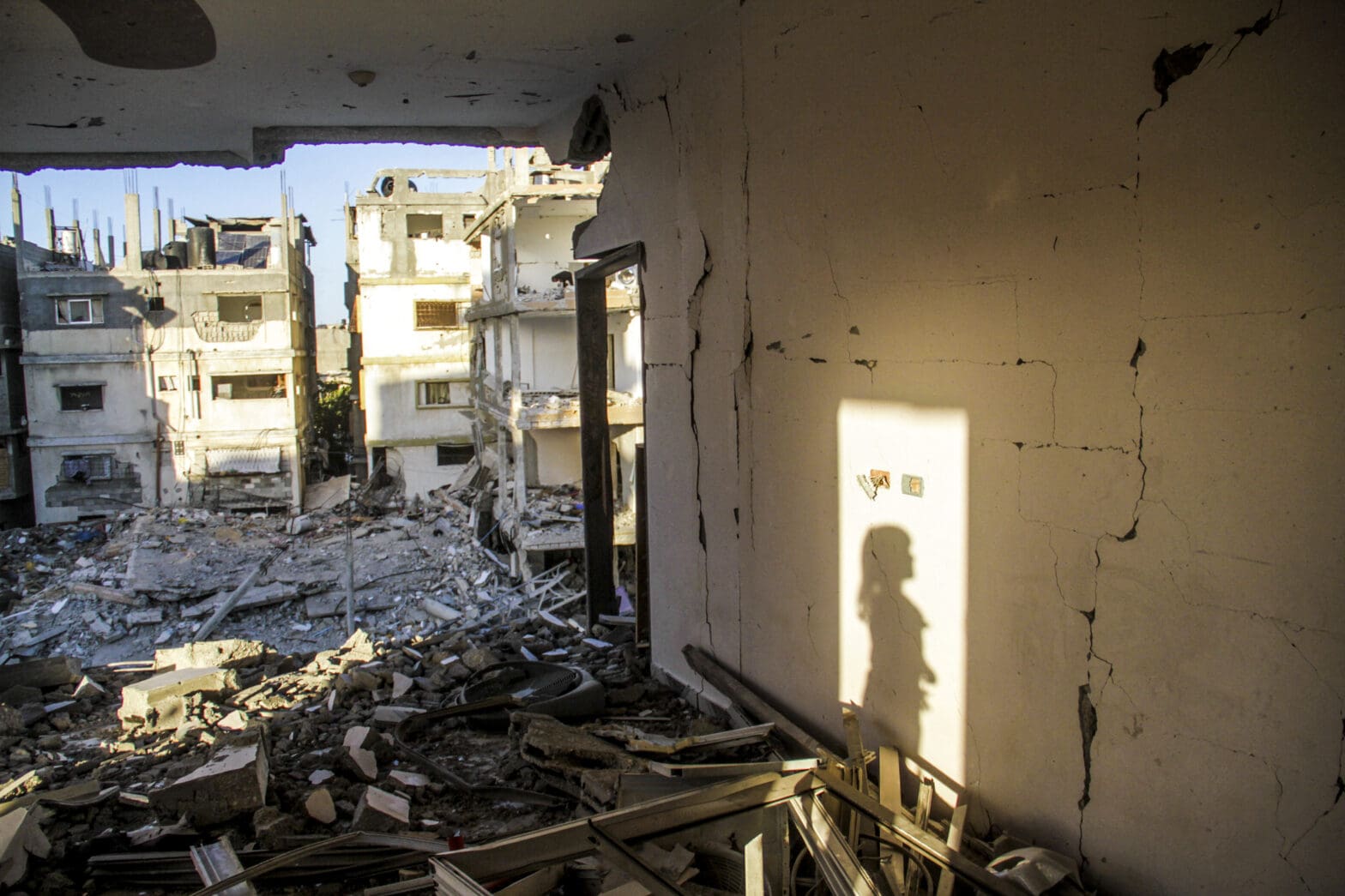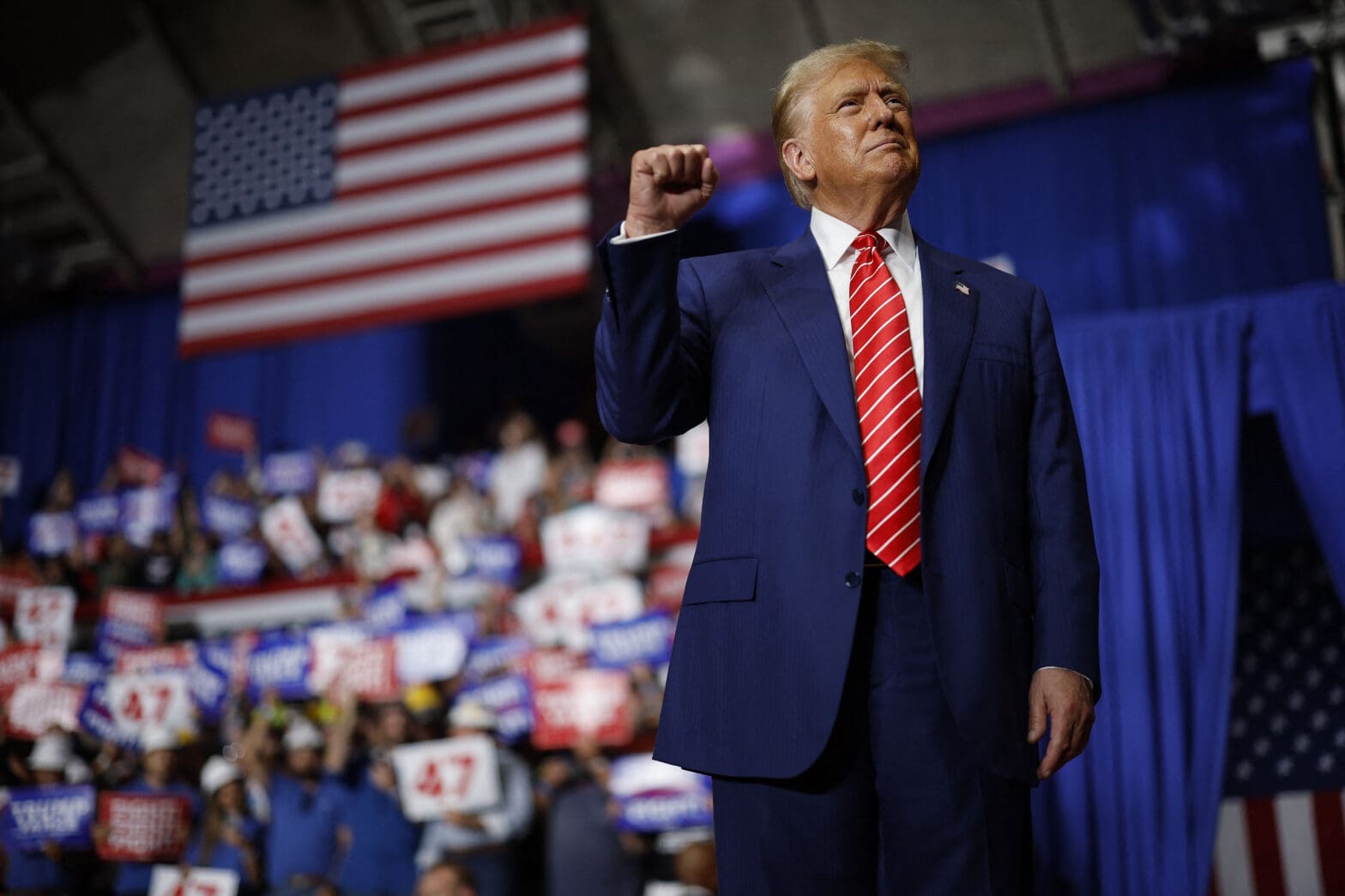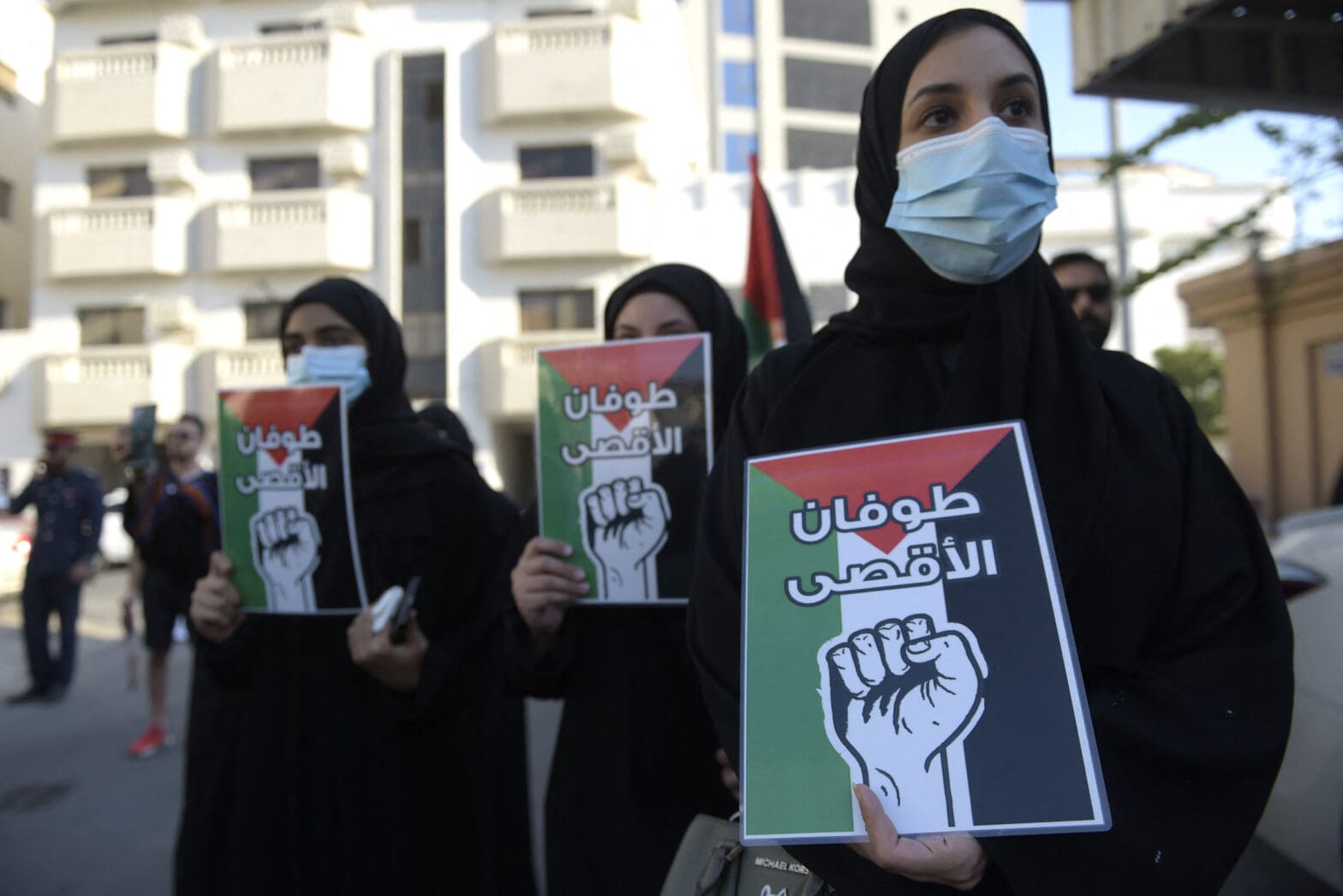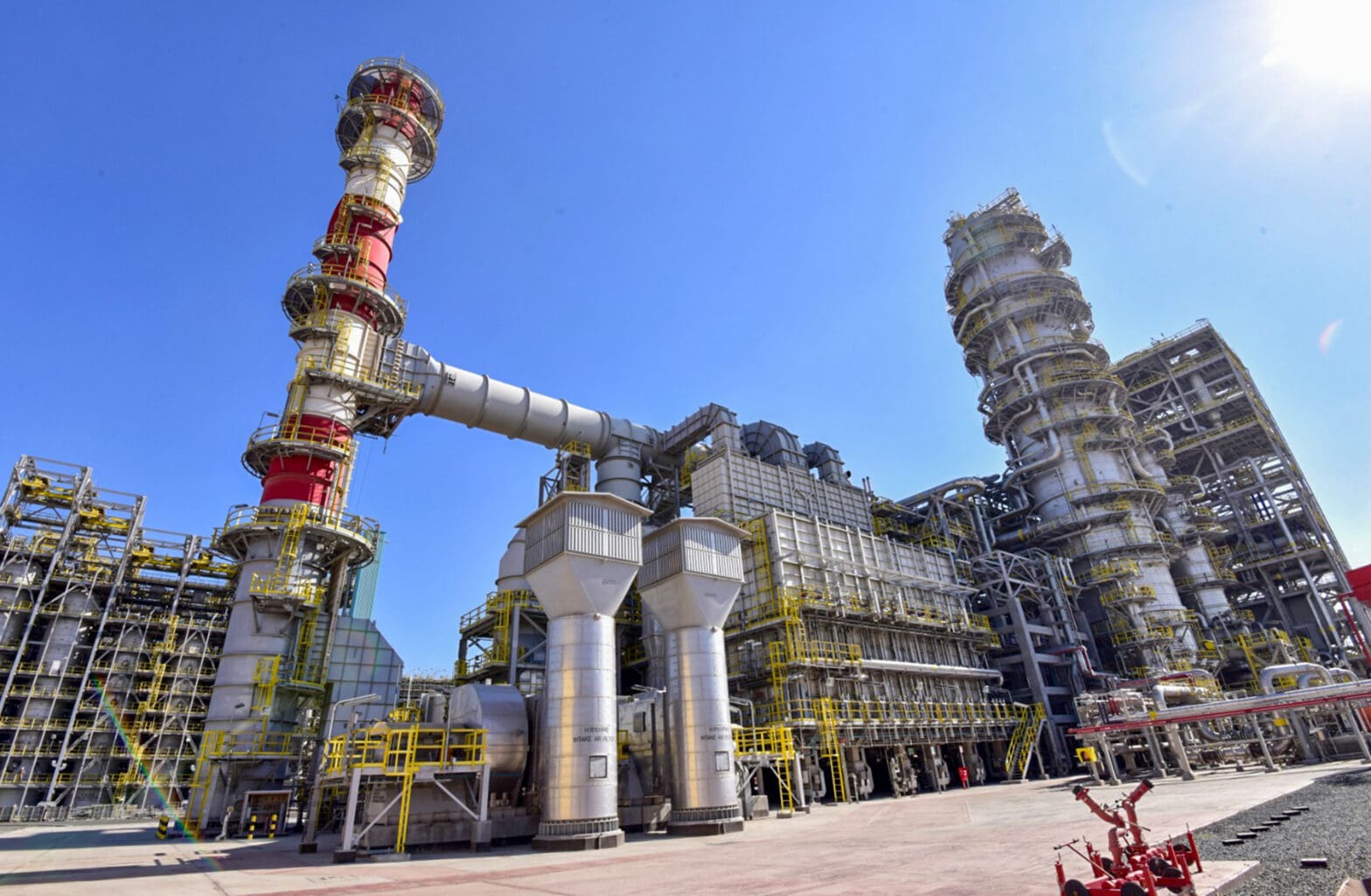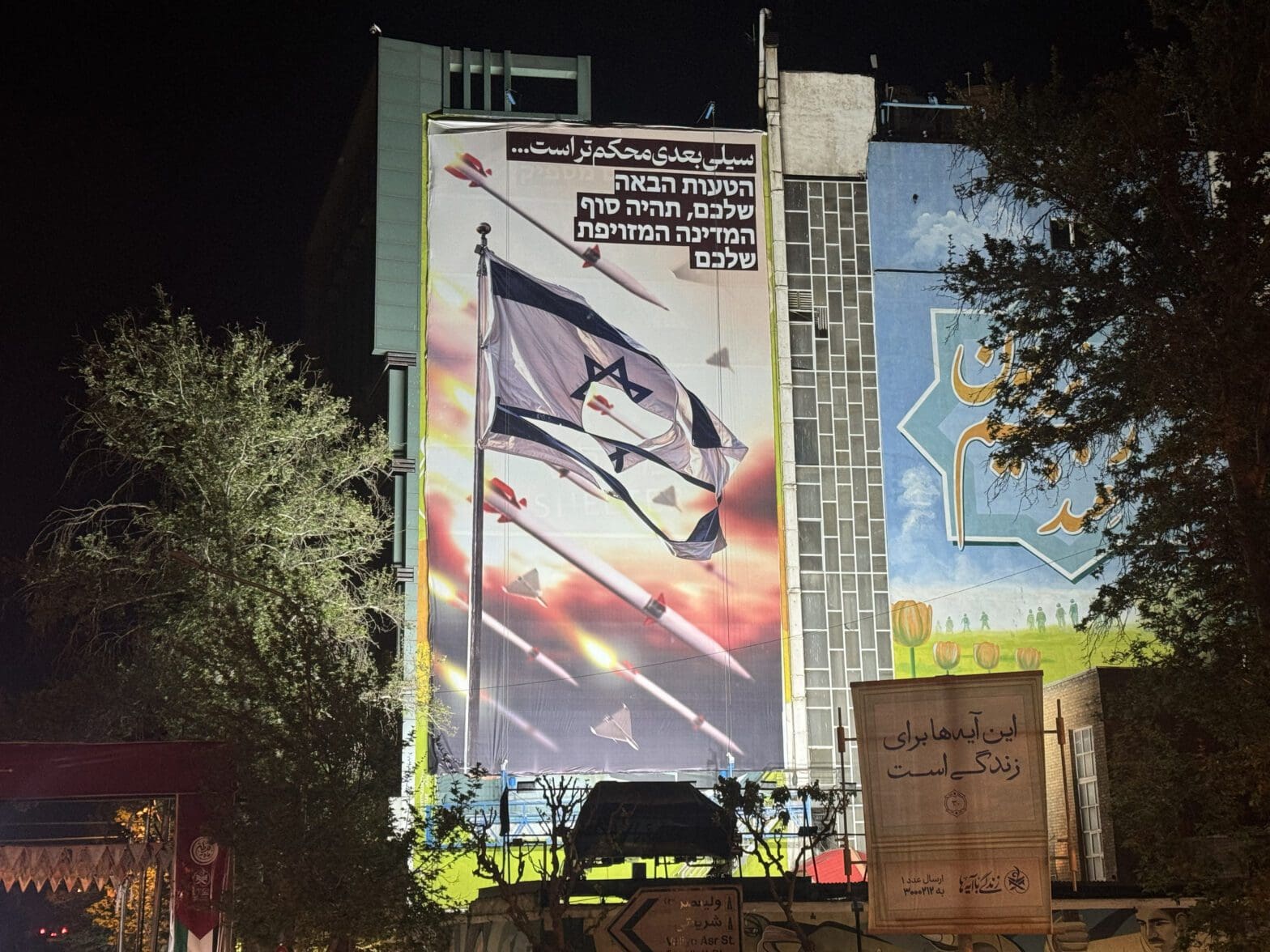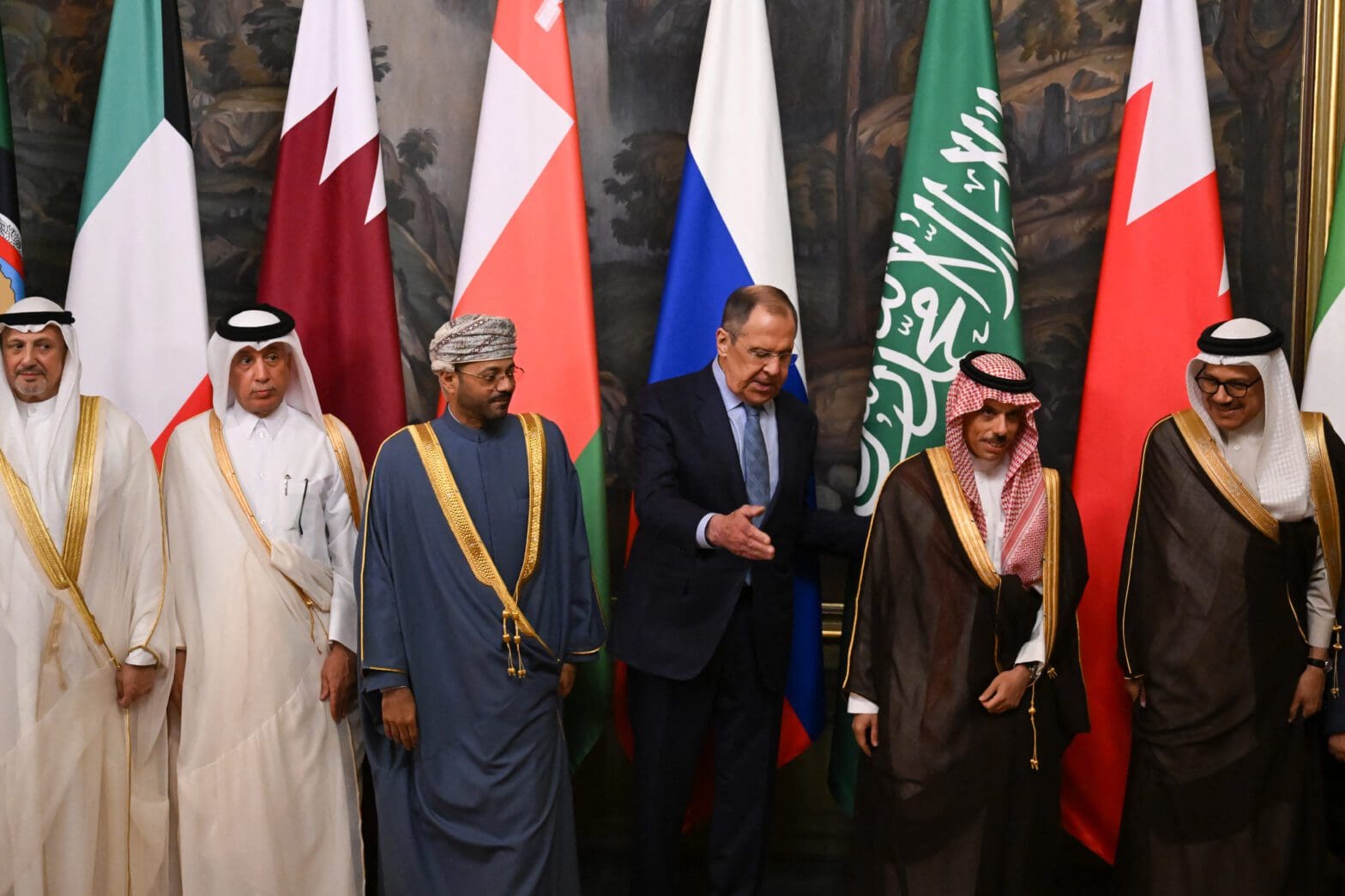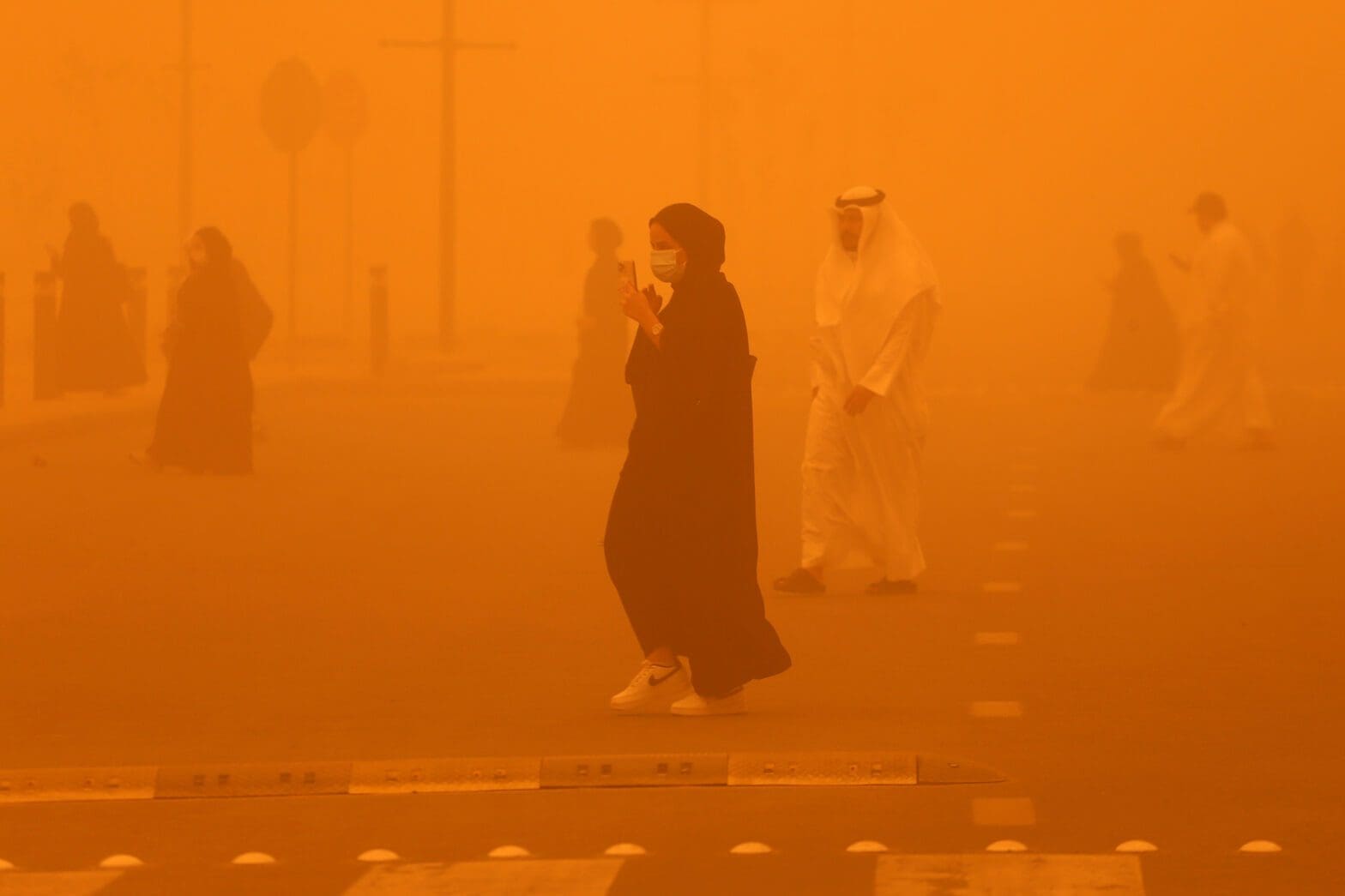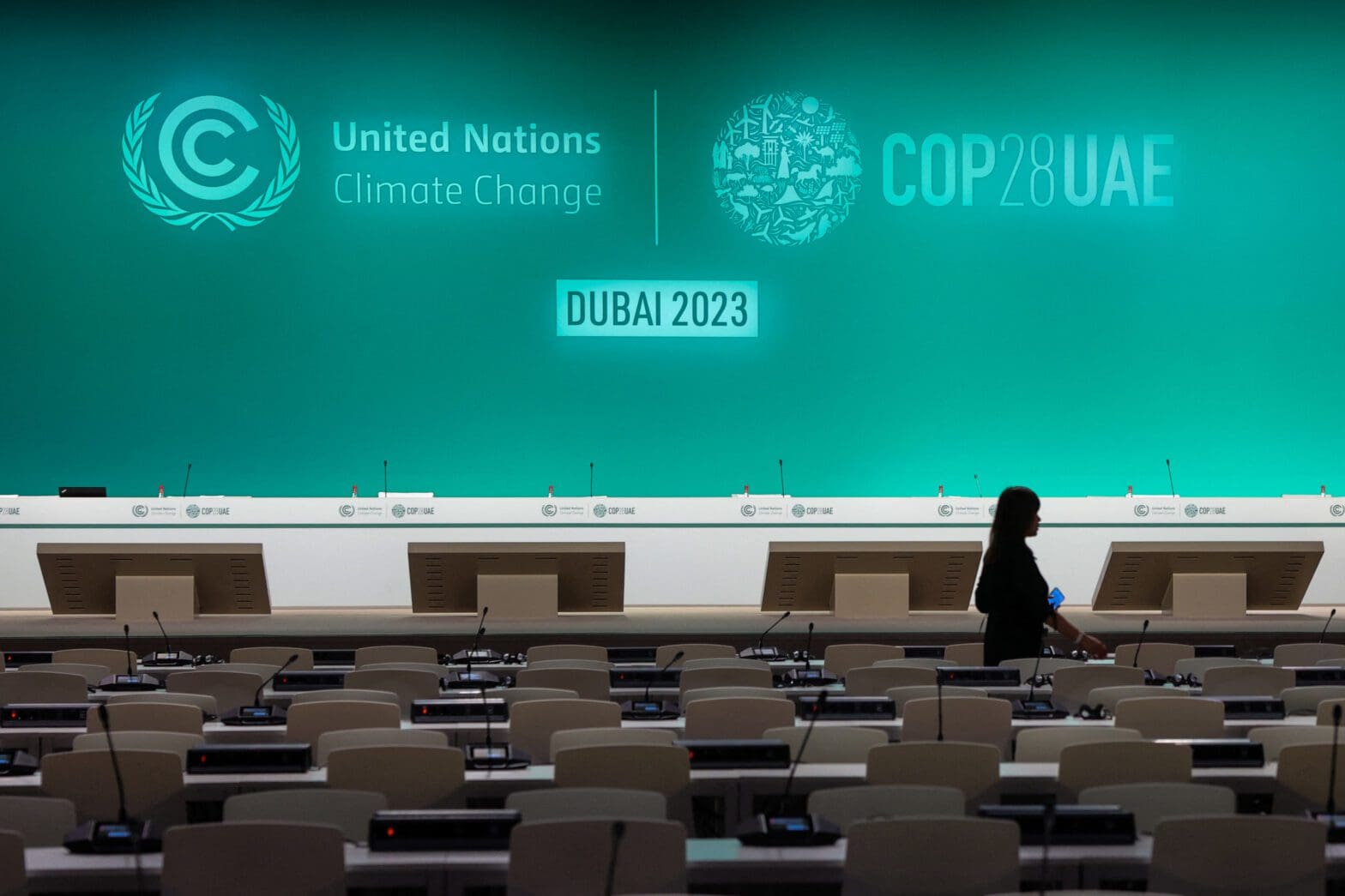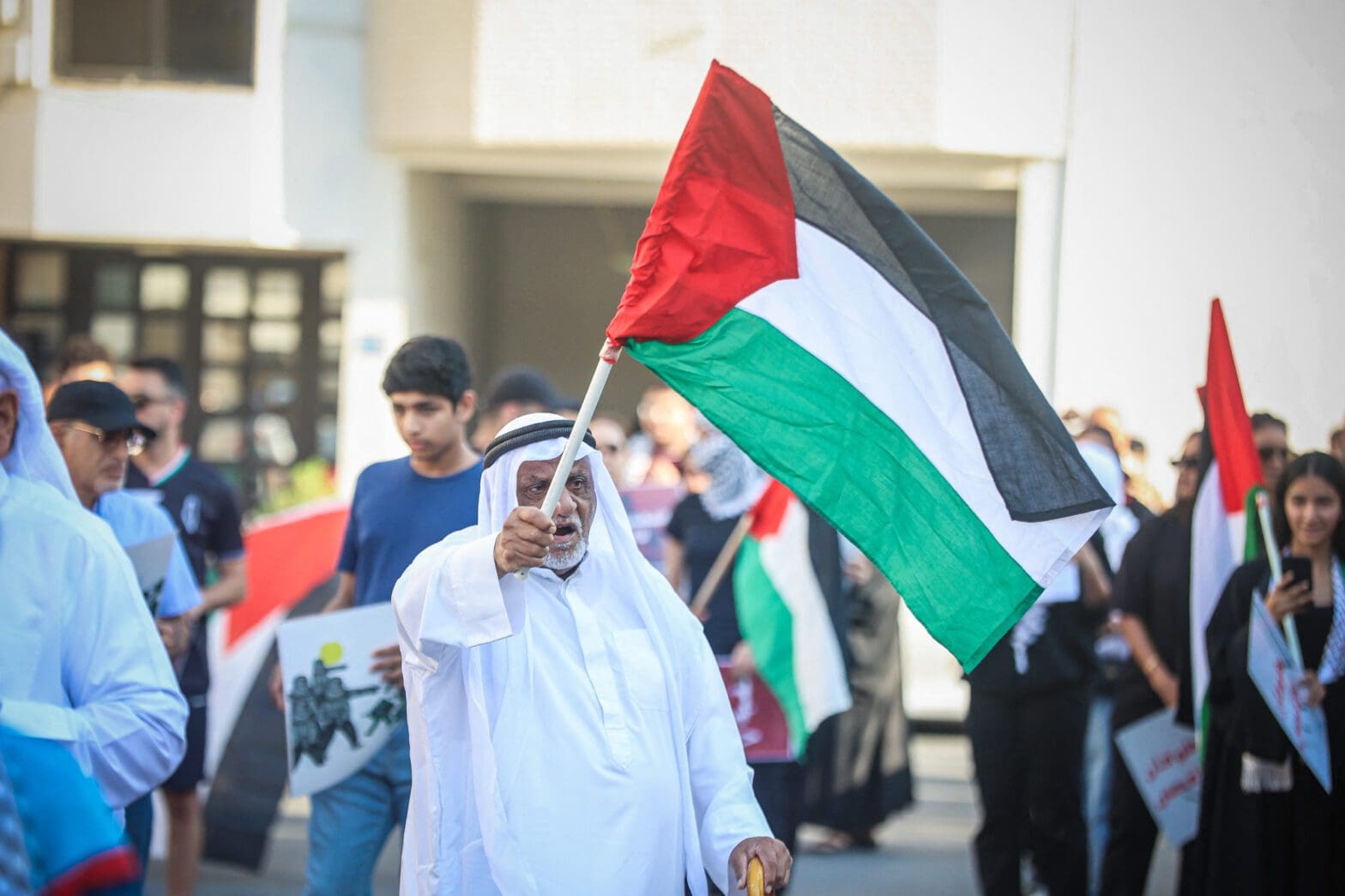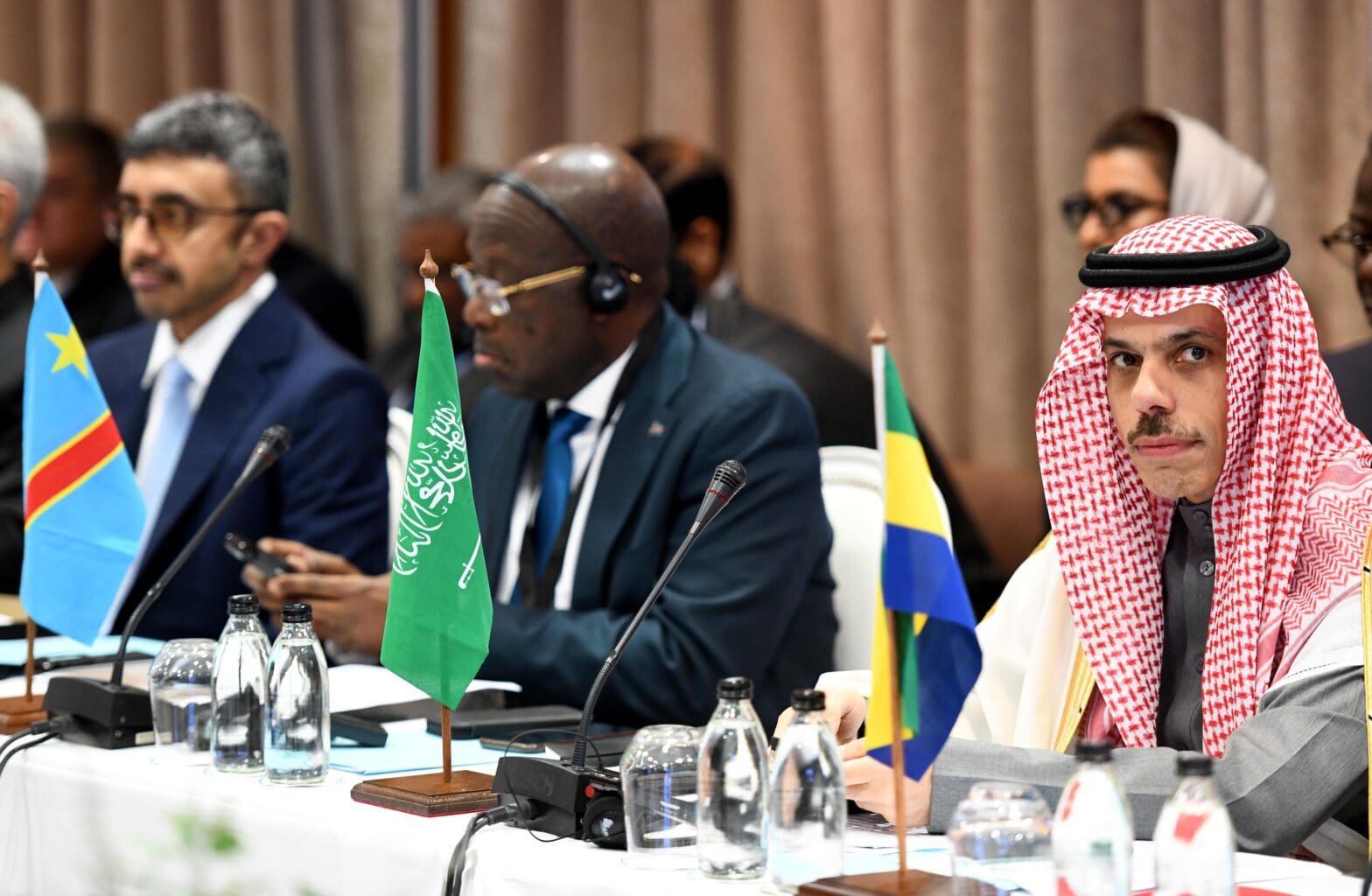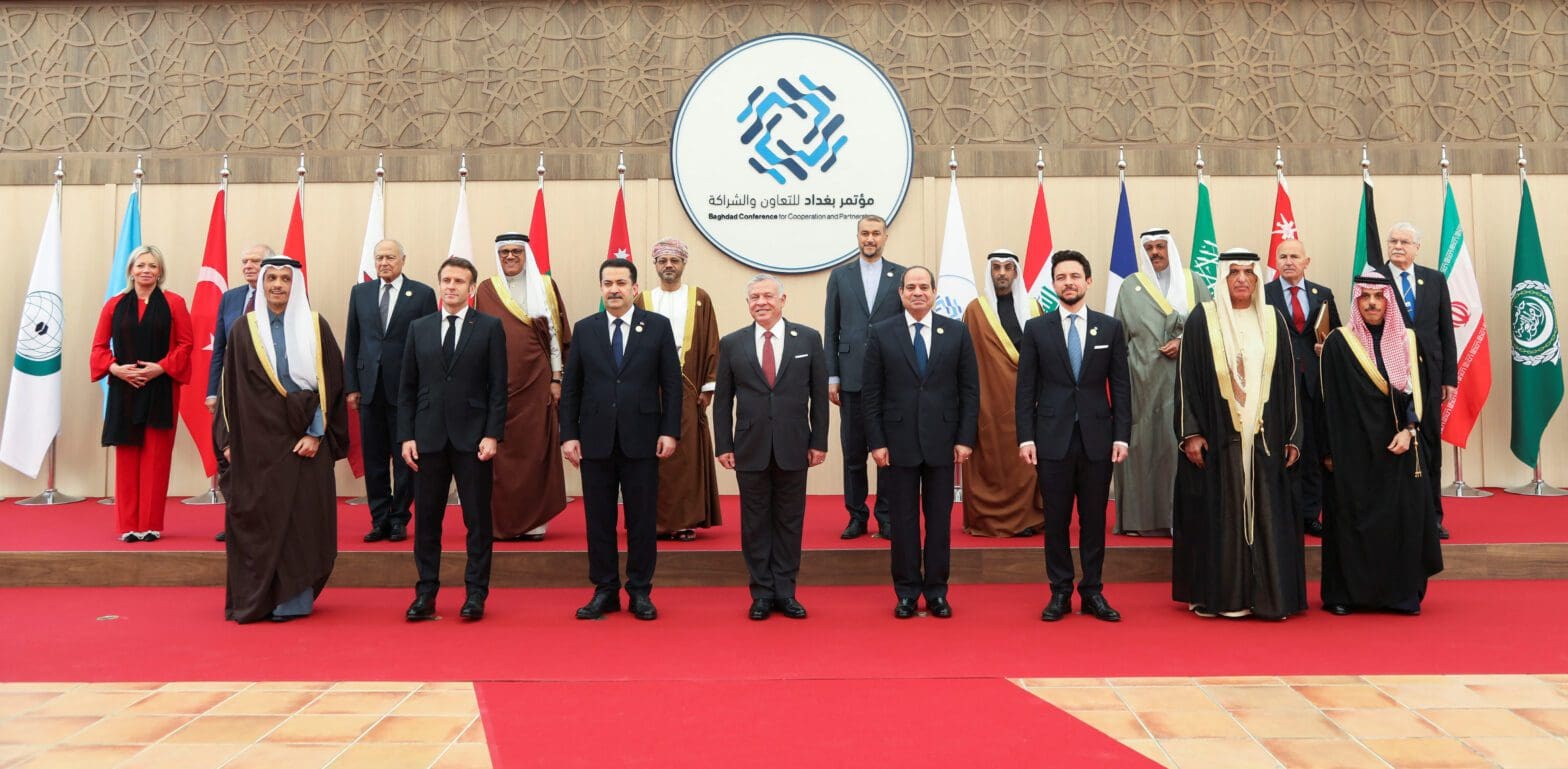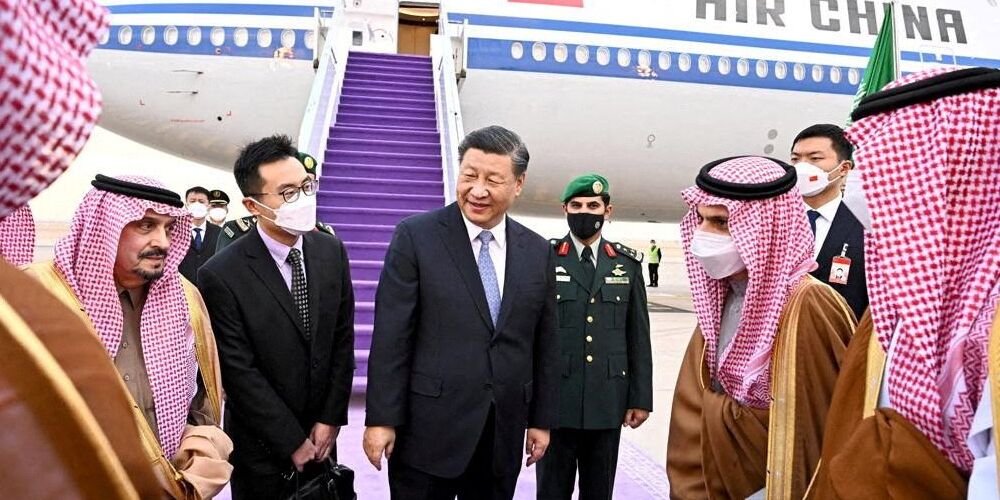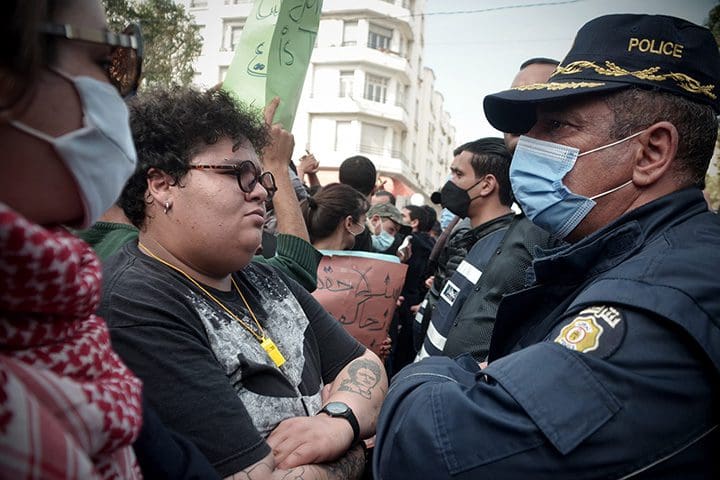The Trump administration’s decision in early 2025 to suspend military aid to Ukraine—resuming it only after Kyiv agreed to negotiate with Moscow in March—marks a turning point in transatlantic security. It has forced Europe to reassess its strategic posture amid a conflict that began with Russia’s 2014 annexation of Crimea and escalated into a full-scale… Continue reading As Europe Adjusts to Life Without U.S. Security Umbrella, Lessons for GCC Abound
Afkar Country: Bahrain
Trump is back. Should Gulf States accelerate decoupling from the U.S.?
Eight weeks into the second Trump presidency, the world’s governments—including those in the Gulf—are still trying to make sense of the chaos in Washington. Domestic politics aside, the new administration’s economic policies have sparked fears of a “Trumpcession” amid an escalating trade war and a falling dollar and stock market. Both consumer and business confidence… Continue reading Trump is back. Should Gulf States accelerate decoupling from the U.S.?
In Multipolar World, Japan and GCC Should Develop Strategic Ties
In December, the Gulf Cooperation Council and Japan concluded their first round of discussions on a free trade agreement (FTA). History suggests this was the start of a process that may take years, if not decades—reaching an FTA between the GCC and South Korea took 15 years, with many bumps along the way. Nevertheless, this… Continue reading In Multipolar World, Japan and GCC Should Develop Strategic Ties
Why Trump’s Presidency Could Mean Closer EU-GCC Ties
The arrival of Donald Trump for a second term in the White House raises critical questions for the Middle East. Trump took office just days after a ceasefire deal aimed at ending a catastrophic 15-month war between Israel and Hamas, which had come close to dragging the region into an all-out conflagration. Now the president… Continue reading Why Trump’s Presidency Could Mean Closer EU-GCC Ties
MENA Outlook for 2025
With the December collapse of the Assad regime in Syria, 2024 came to a close in a dramatic and region-altering fashion. This, along with the numerous other major trend lines and points of conflict, likely makes 2025 a year that will be significant in reshaping the region’s future. Looking forward to what may be coming,… Continue reading MENA Outlook for 2025
Regional Economy Faces Plenty of Challenges—and Reasons for Hope—in 2025
Despite the turmoil rocking the Middle East and North Africa (MENA), there may be some glimmers of hope for the region’s economies in 2025. The World Bank and the International Monetary Fund (IMF) are both projecting an uptick in growth in most MENA economies. However, structural challenges, political instability, and geopolitical tensions will continue to… Continue reading Regional Economy Faces Plenty of Challenges—and Reasons for Hope—in 2025
Trump 2.0 and the Gulf’s Strategic Future
President-elect Donald Trump’s first term in office reshaped U.S.-Gulf relations. His approach focused on cultivating personal bonds with leaders of Gulf Cooperation Council (GCC), signing massive arms deals, and for the most part not touching human rights issues. Gulf statesmen mostly welcomed this approach, which provided immediate defense assurances without challenging their sovereignty. However, with… Continue reading Trump 2.0 and the Gulf’s Strategic Future
Efforts To Restore Bahrain-Iran Ties Gather Momentum
On October 21, Iran’s Foreign Minister Abbas Araghchi visited Manama and met with King Hamad bin Isa Al Khalifa, marking a significant turning point in Iran-Bahrain relations that have been severed since 2016. This visit—the first by an Iranian foreign minister to Bahrain since 2010—took place amid an escalating military confrontation between Iran and Israel. While Bahrain… Continue reading Efforts To Restore Bahrain-Iran Ties Gather Momentum
Adapting the Women, Peace and Security Agenda to the Arab World
When United Nations Security Council (UNSC) resolution 1325 on Women, Peace and Security (WPS) was adopted on October 31, 2000, it marked an unprecedented commitment by the international community to regard women as integral partners in peace processes. The WPS “agenda,” as it came to be known, encompasses ten UNSC resolutions that recognize the devastating… Continue reading Adapting the Women, Peace and Security Agenda to the Arab World
Trump Redux Could Bring in the Law of Unintended Consequences
One hundred days ahead of elections in November, former U.S. president Donald Trump is polling strongly despite the emergence of Vice President Kamala Harris as the Democrat candidate. What would the implications be for us in the Gulf and around the world of a Trump presidency redux? From public statements and his record in the… Continue reading Trump Redux Could Bring in the Law of Unintended Consequences
Gaza War Creates Dilemmas for Bahrain’s Leadership
Four years ago this month, Bahrain joined its ally the United Arab Emirates (UAE) in formalizing diplomatic relations with Israel. After signing the Abraham Accords at the White House on September 15, 2020, Bahrain and Israel opened embassies, signed numerous bilateral agreements, established business contacts and launched direct commercial travel. Yet Bahrain, like other Arab… Continue reading Gaza War Creates Dilemmas for Bahrain’s Leadership
Economic Diversification is the GCC’s Top Priority
It is a paradoxical truth that nations highly dependent on natural resources tend to be poor economic performers. Such countries are exposed to ongoing adverse shocks, including price jolts, volatile demand and supply, and natural disasters. These factors can stir up macroeconomic instability and higher economic risks – otherwise known as the “natural resource curse”. … Continue reading Economic Diversification is the GCC’s Top Priority
Iran-Israel Tensions Emerge from the Shadows – Council Views
On April 13, Iran attacked Israel directly for the first time in its history, retaliating for Israel’s killing of three top Iranian commanders in Damascus on April 1. Israel has since responded with a limited strike, and the United States and its allies imposed expanded sanctions on Iran. Middle East Council scholars examine the implications… Continue reading Iran-Israel Tensions Emerge from the Shadows – Council Views
GCC can emerge as ‘Middle Powers’ in second Cold War
We are living in a second Cold War. A multipolar world is evolving as governments adopt policies that are leading to increased economic and financial fragmentation. Trade, foreign direct investment, and financial flows are increasingly encumbered by regulatory and legal restrictions. The number of global trade restrictions introduced each year has nearly tripled since… Continue reading GCC can emerge as ‘Middle Powers’ in second Cold War
Necessity Will Drive Gulf States to Cooperate on Climate Change
The impacts of climate change are becoming starkly visible in the Gulf. Already one of the driest, hottest parts of the world, the region is heating up at a rate twice as fast as the global average. Accordingly, Gulf governments are beginning to realize that ad hoc or unilateral strategies are not sufficient to tackle… Continue reading Necessity Will Drive Gulf States to Cooperate on Climate Change
Will COP28 Accelerate Climate Action in the Gulf and Beyond?
The states of the Gulf Cooperation Council (GCC) have been pivotal to the global economy for decades, accounting for around 30 percent of confirmed petroleum reserves worldwide and 20 percent of total natural gas reserves. Yet as the effects of climate change intensify and global climate policies impact the bottom line for hydrocarbon exporters, those… Continue reading Will COP28 Accelerate Climate Action in the Gulf and Beyond?
Gulf Normalization Under Strain as Israel Pounds Gaza
Since an unprecedented conflict flared between Israel and Hamas on October 7, the Arab Gulf states have been working to de-escalate and prevent the crisis from sparking a catastrophic regional war dragging in Iranian allies such as Hezbollah in Lebanon, armed groups in Syria and Houthi rebels in Yemen. Yet while the GCC states agree… Continue reading Gulf Normalization Under Strain as Israel Pounds Gaza
MENA States’ Assertive Approach in the Era of Emerging Multipolarity
As American dominance of the Middle East and North Africa wanes and other world powers step up their efforts to win friends and influence there, long-time U.S. allies are becoming more assertive towards Washington and recalibrating their other ties to better secure their own interests. The growing U.S.-China strategic rivalry will profoundly impact the region… Continue reading MENA States’ Assertive Approach in the Era of Emerging Multipolarity
Can Iraq’s New PM Chart a Different Relationship with the Gulf?
Iraq’s new government is hoping that an influx of investment from its Gulf neighbors can breathe life into its economy and diversify its regional relationships after years of being so close to Iran. But such efforts are likely to face stiff opposition from Tehran and its proxies, who have expanded and consolidated their influence since… Continue reading Can Iraq’s New PM Chart a Different Relationship with the Gulf?
China’s Xi travels to Saudi Arabia as Asia-GCC relations reach new heights
The arrival of Chinese President Xi Jinping in Saudi Arabia marks an important moment in the historical relationship between the two countries and their respective regions. While the United States has recently been eager to drive a wedge between its partners in the Persian Gulf and its rival to the East, heads of state from… Continue reading China’s Xi travels to Saudi Arabia as Asia-GCC relations reach new heights
Twenty Years of Governance Reform: What’s Next for the MENA Region?
In 2002, the United Nations Development Program (UNDP) produced a remarkable and far-reaching document titled the Arab Human Development Report. Written largely by Arab authors, the report mobilized a wealth of data to argue persuasively that the lack of socio-economic development within the Arab region is the product of three fundamental deficits in freedom, knowledge,… Continue reading Twenty Years of Governance Reform: What’s Next for the MENA Region?

